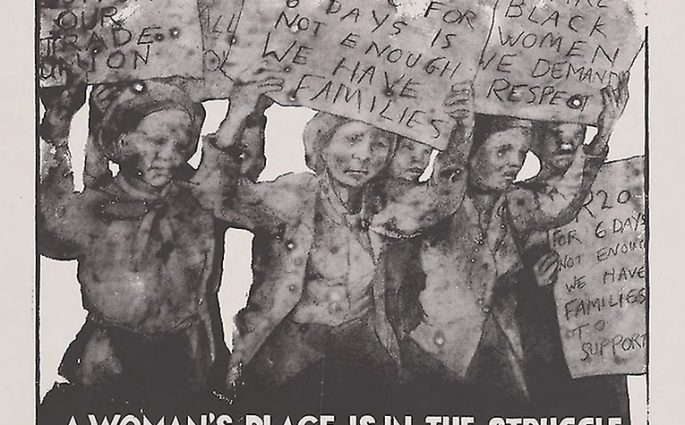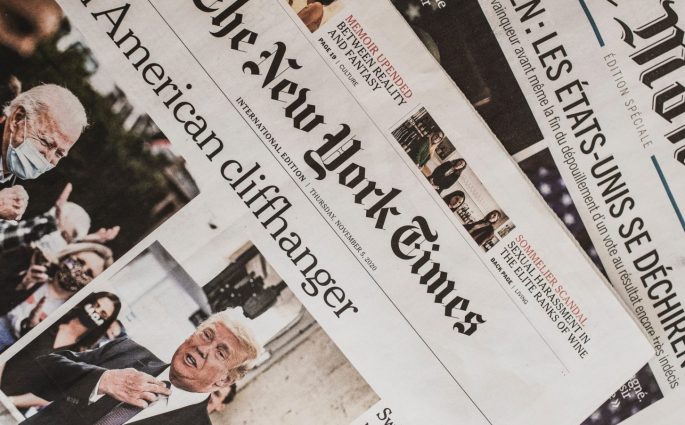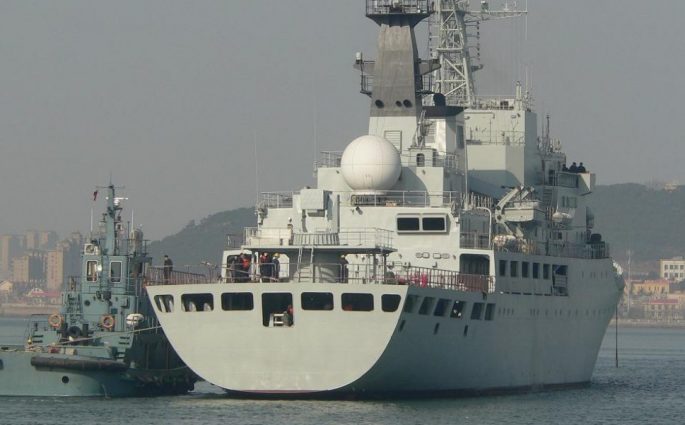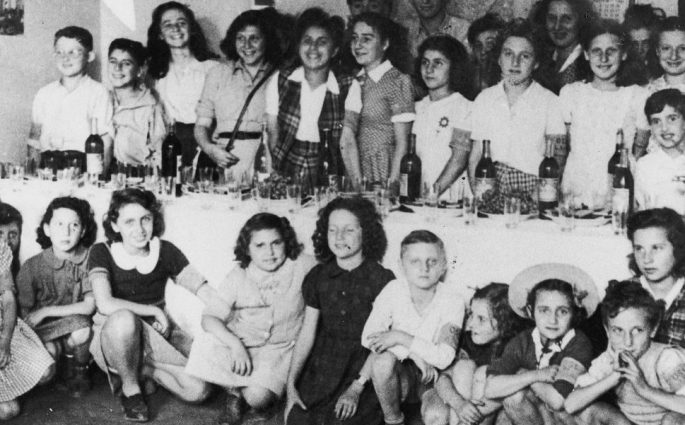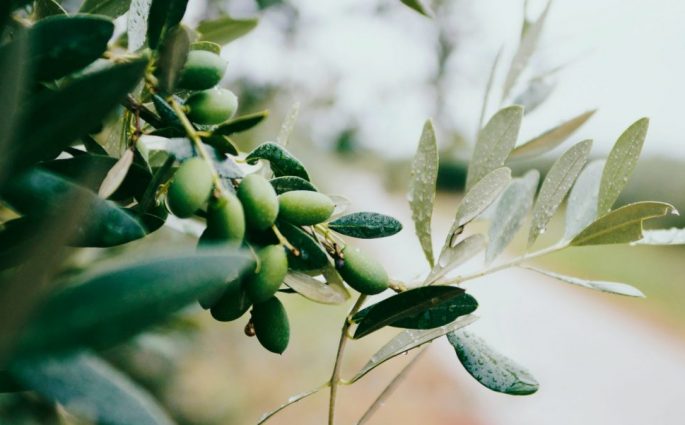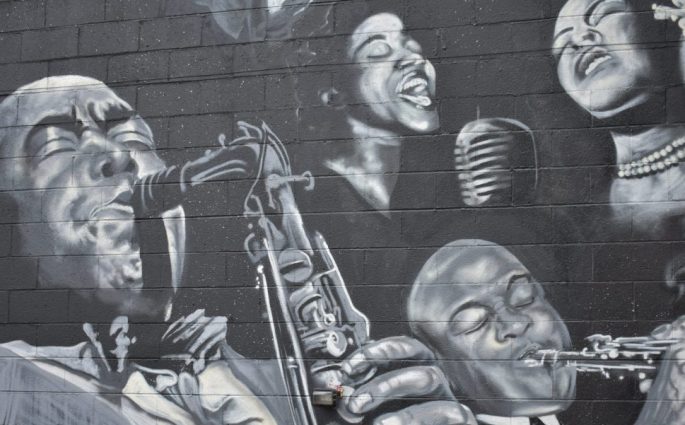An Evergreen Politics: Representations of Women in the Posters of the Medu Art Ensemble
Antawan I. Byrd and Felicia Mings— In South Africa separate and unequal access to education, health, and economic opportunity long predated the 1948 implementation of apartheid law—as did resistance to such conditions on the part of Black, Indian, and Colored (multiracial) women. Starting in the early twentieth century, women rallied

